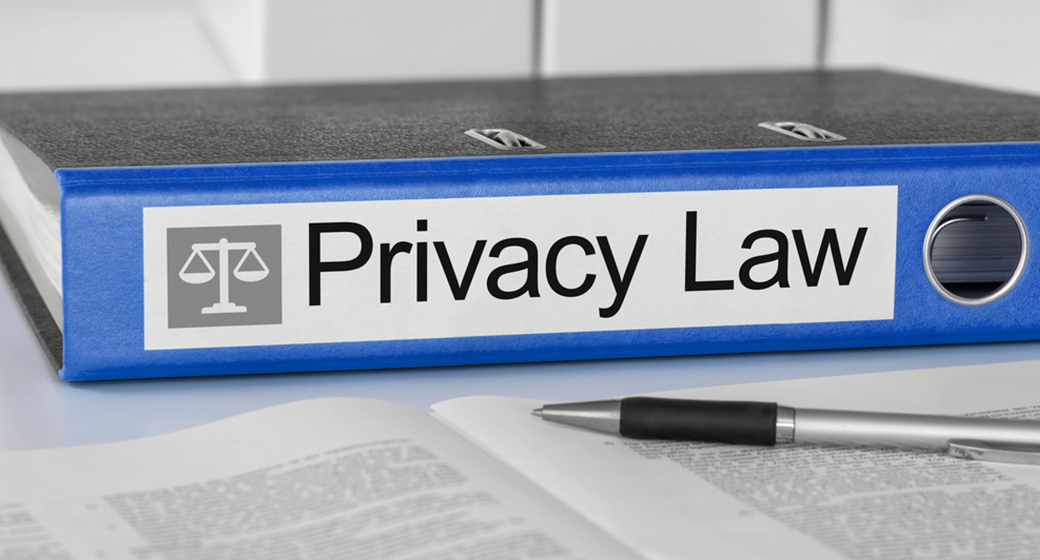
-
Posted By Sirmabekian
-
2024
-
0 Comments
California is known for having some of the most comprehensive workplace privacy protections in the United States. With the increased use of technology and remote work, many employees are rightfully concerned about how much their employers can monitor and what rights they have when it comes to privacy. California workplace privacy laws are designed to balance the rights of employees with the legitimate needs of employers.
Employee Privacy Rights in the Workplace
California employment laws establish clear boundaries around what employers can and cannot do when it comes to monitoring employees. Employees have the right to a reasonable expectation of privacy in certain areas, like personal belongings, restrooms, and break areas. However, this expectation is reduced regarding work-related tasks, particularly in areas like computer use, email communications, and company devices.
Employers are permitted to monitor employees, but this monitoring must be transparent and not infringe on areas where employees would typically expect privacy. For instance, if an employer wants to monitor workplace emails or internet use, they must clearly inform employees of this practice through written policies or employee handbooks.
Electronic Monitoring and Surveillance
One of the most talked-about aspects of California workplace privacy laws revolves around electronic monitoring. Employers may monitor company-owned devices such as computers, phones, and tablets. This includes tracking internet usage, monitoring email communications, and using software that records keystrokes or screens.
California law restricts excessive surveillance. Employers need a valid business reason for monitoring and cannot secretly record employees. Covert audio or video recordings without consent are illegal. The state’s two-party consent law also requires both parties to agree before recording private conversations.
Privacy in Personal Devices and Social Media
Employment laws in the state also cover the use of personal devices and social media. Employers generally cannot require employees to provide access to their personal social media accounts or devices. This means that an employer cannot request your passwords or demand access to private social media messages unless it’s related to a legitimate investigation of workplace misconduct.
While many companies now have policies that govern how employees use social media, these policies must align with state law. Employees have the right to free expression outside of work, and employers cannot retaliate against them for lawful activity, such as posting on social media, unless it directly impacts the company.
Drug Testing and Background Checks
Drug testing and background checks are common areas where California workplace privacy laws come into play. While employers are allowed to conduct background checks and drug testing, there are strict limits on how this can be done. Employers must follow the Fair Credit Reporting Act (FCRA) and California’s Investigative Consumer Reporting Agencies Act (ICRAA) to ensure they are compliant with state and federal regulations.
Employers must notify employees and applicants in advance if a drug test or background check will be conducted. They are also required to obtain written consent. For current employees, random drug testing is generally prohibited unless there is reasonable suspicion of drug use.
Defend Your Workplace Privacy with Expert Legal Support
California labor and employment laws provide important protections for employees while ensuring that businesses can maintain necessary oversight. If you believe your workplace privacy rights have been violated or you’re unsure about your protections under California law, Sirmabekian Law Firm is here to help.
Our dedicated attorneys specialize in employment law and are ready to advocate for your rights. We are committed to ensuring that employees are treated fairly and that your privacy is respected in the workplace. Contact us today for a free consultation and let us guide you through your options.
 English
English Spanish
Spanish